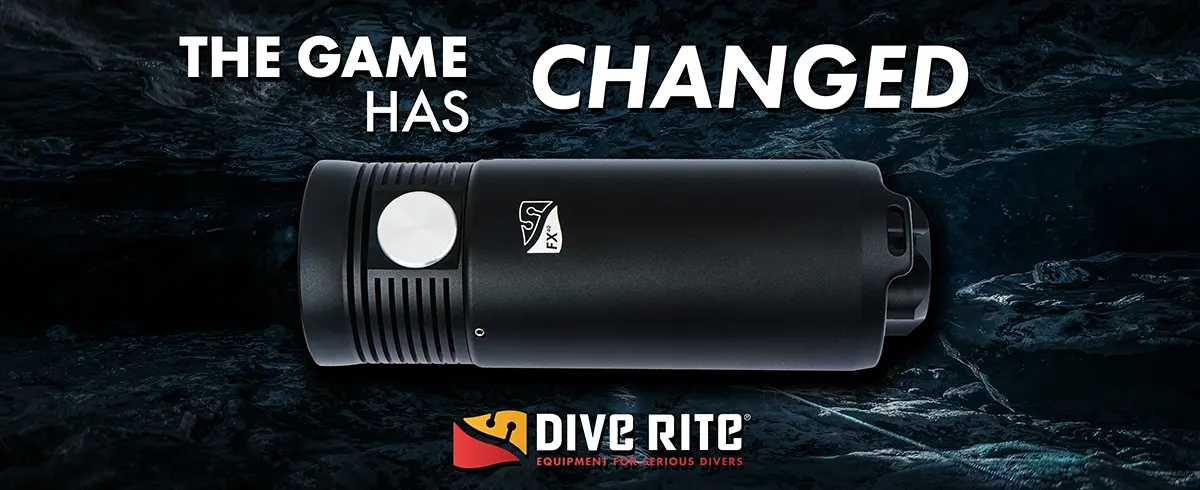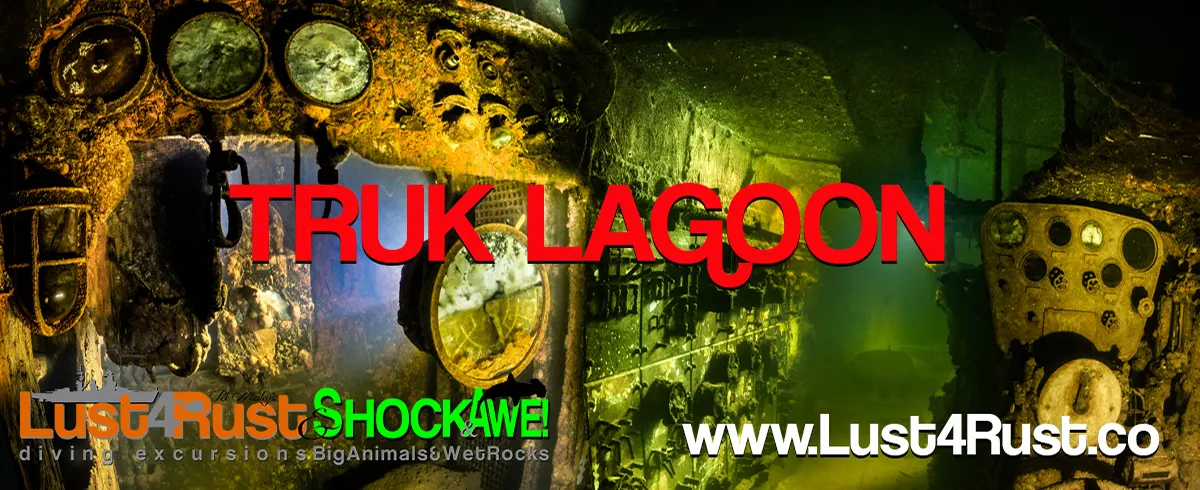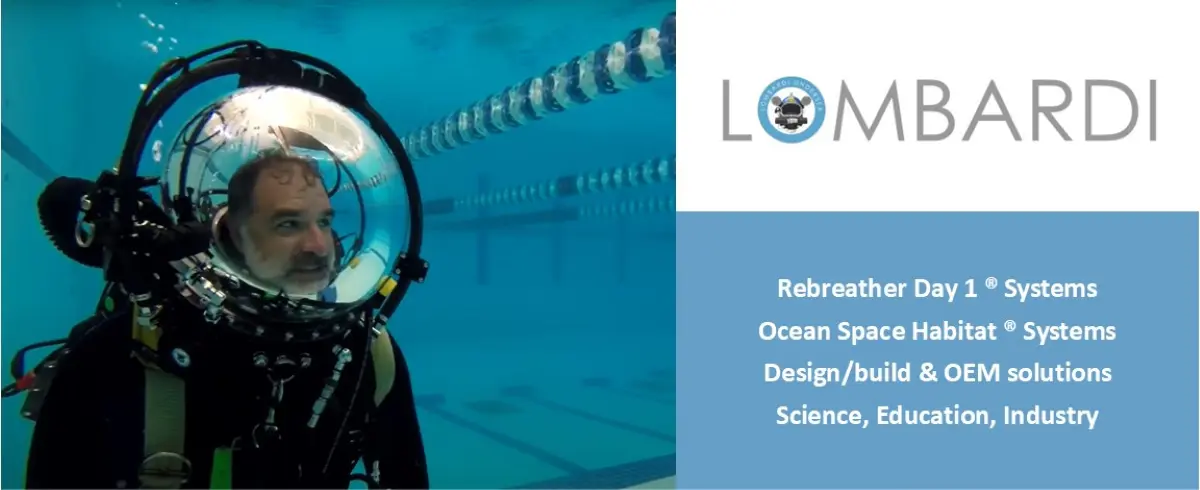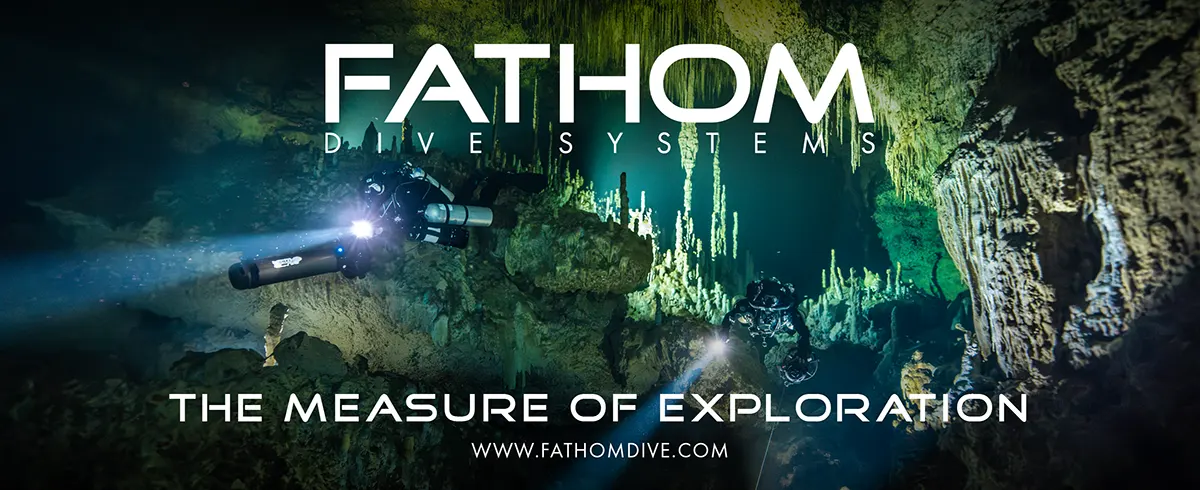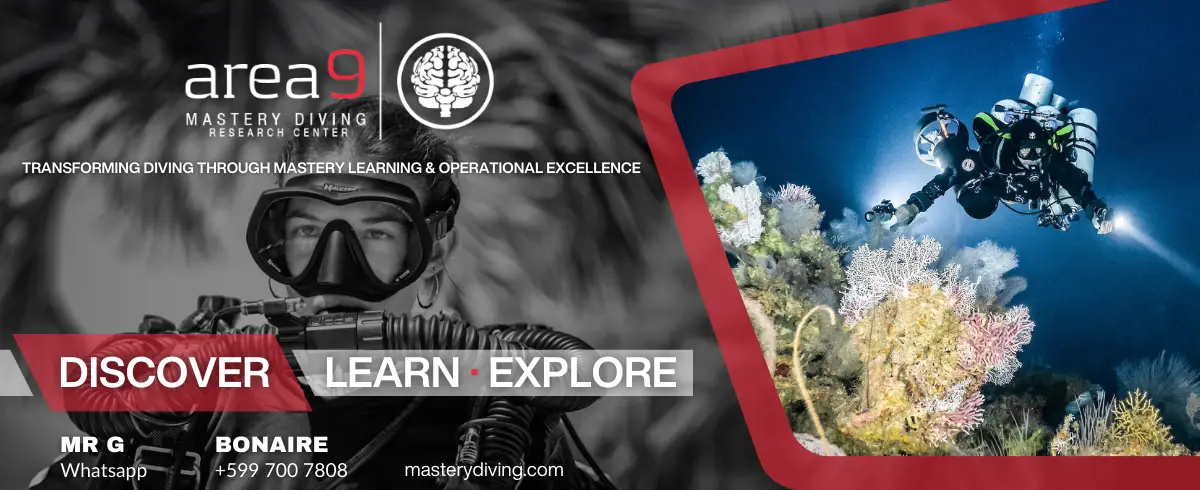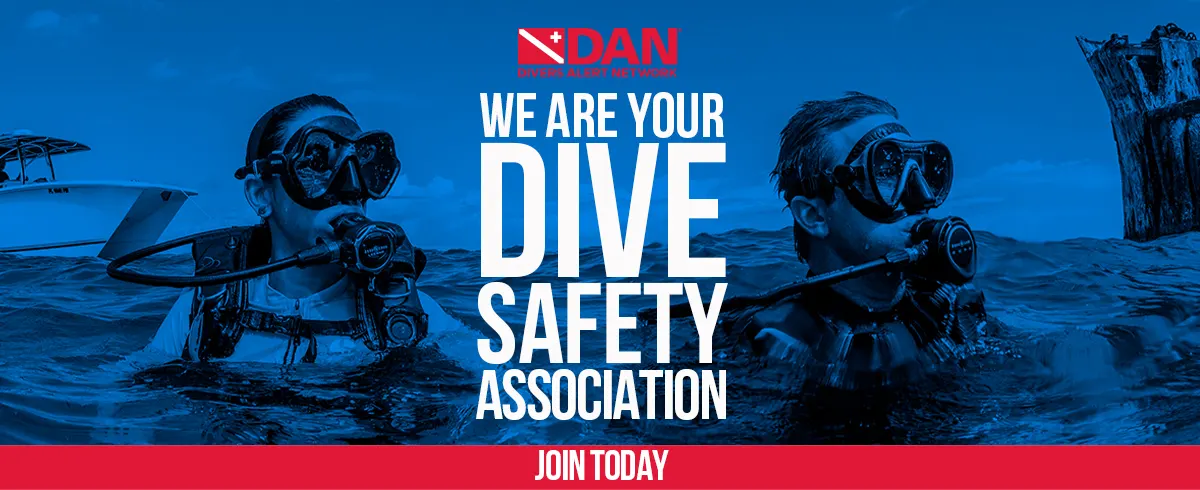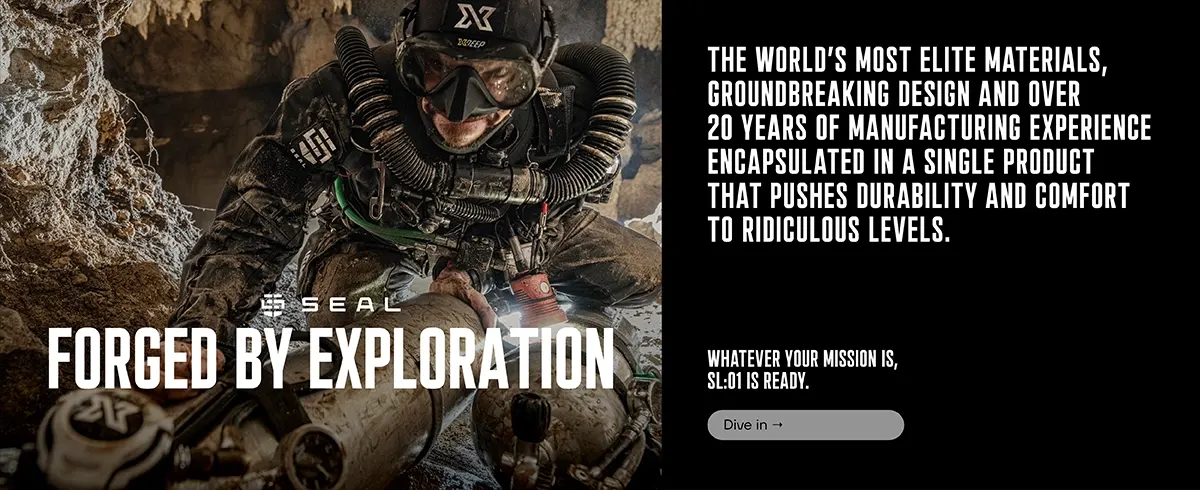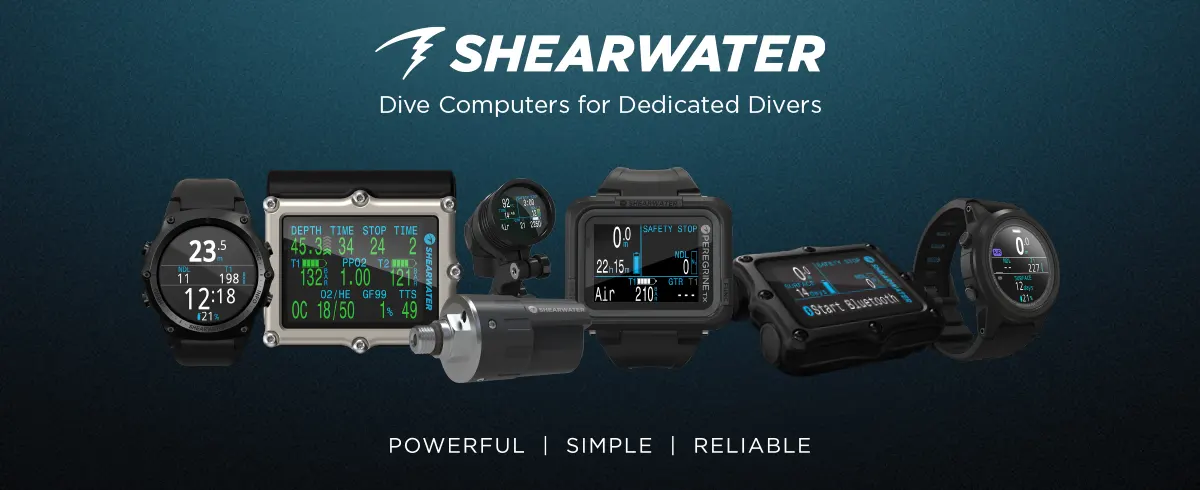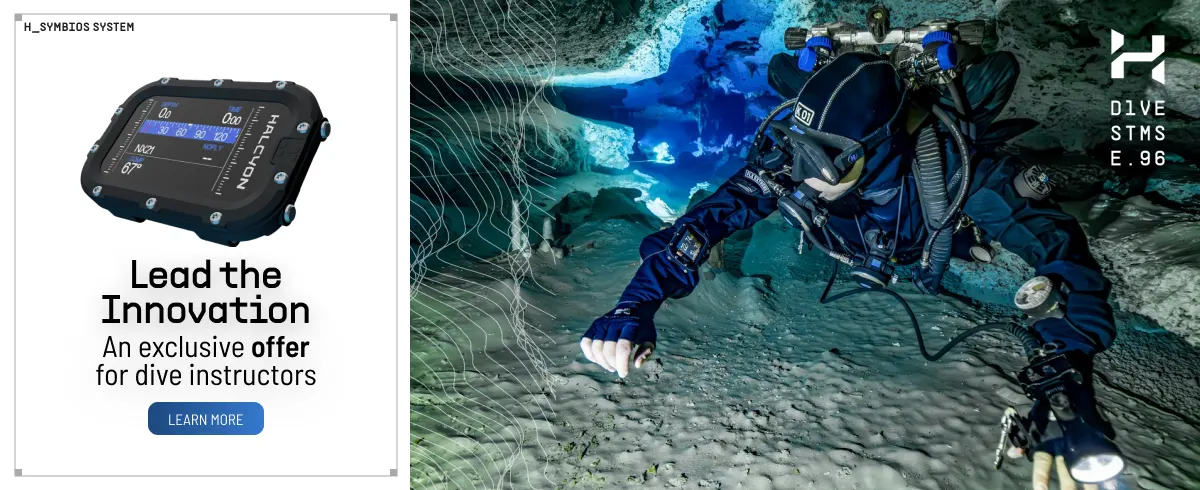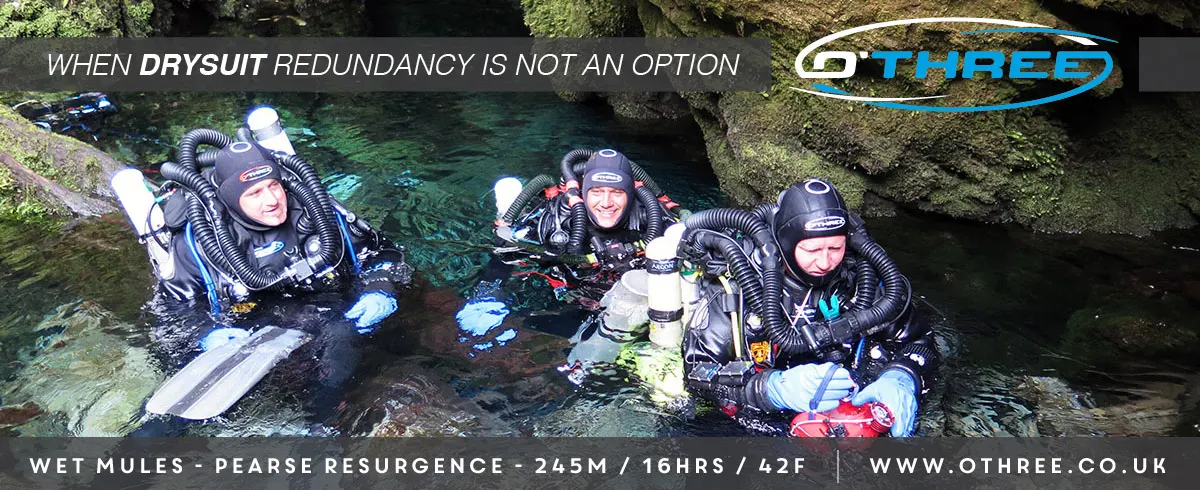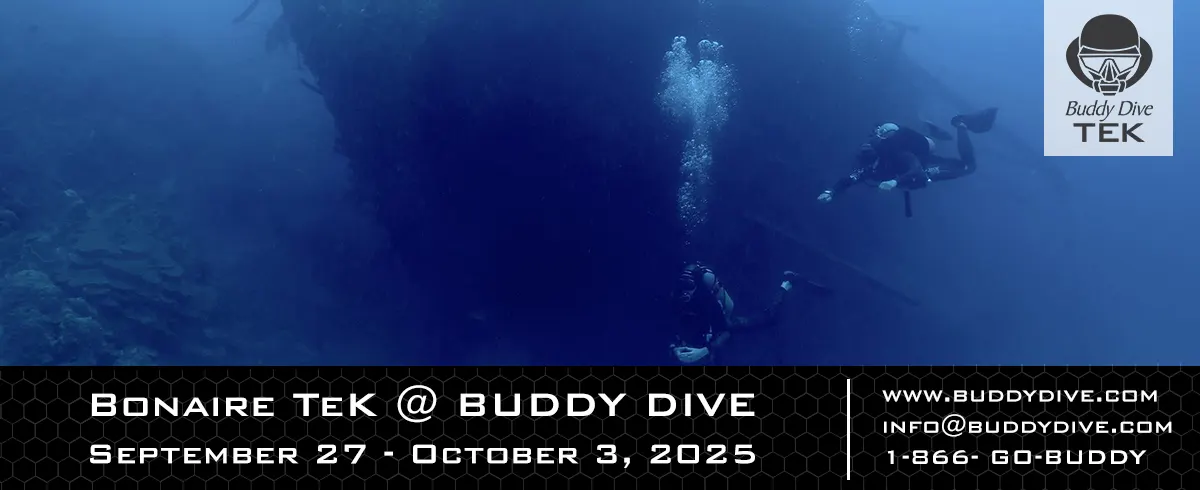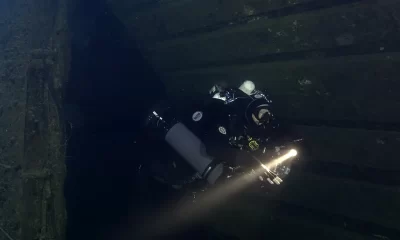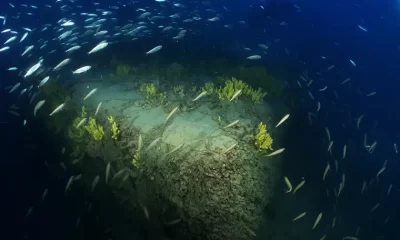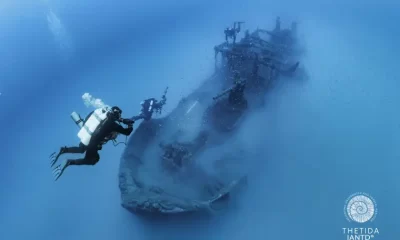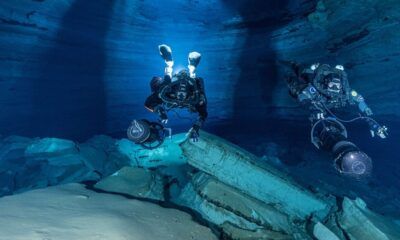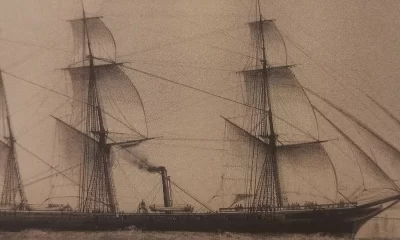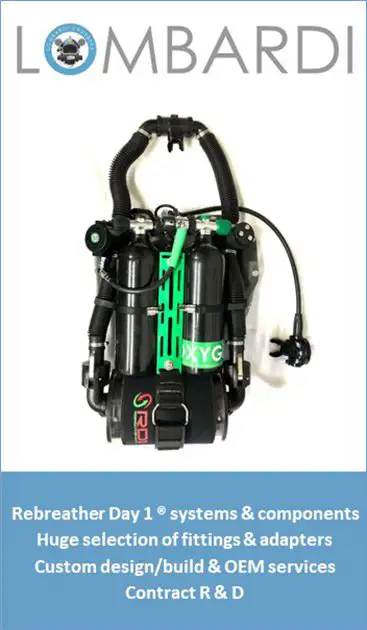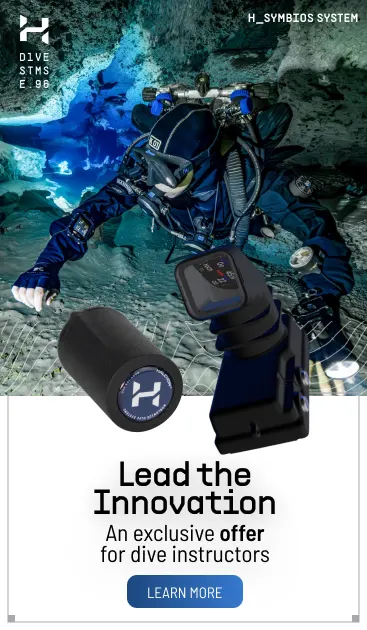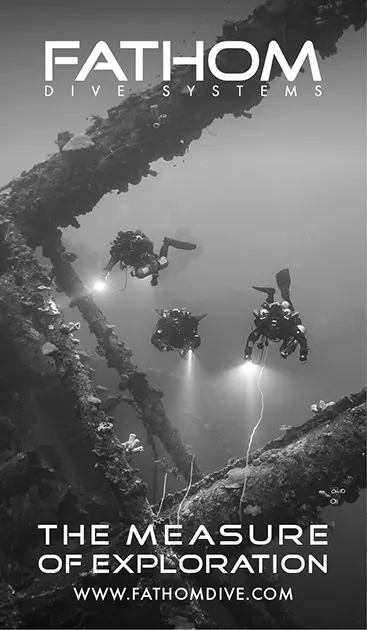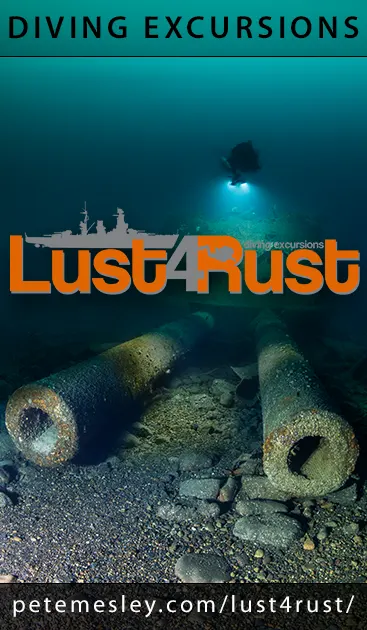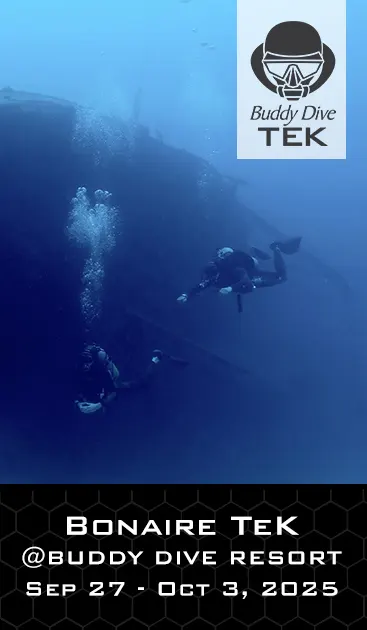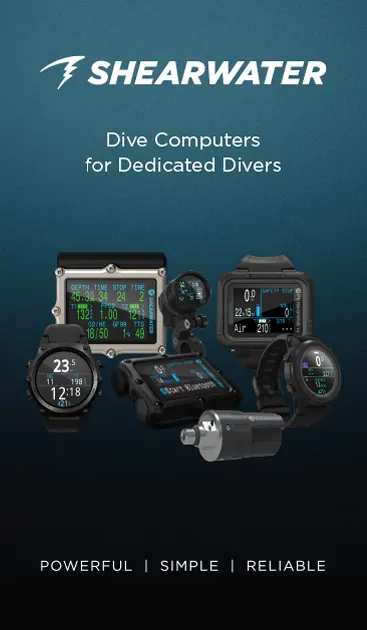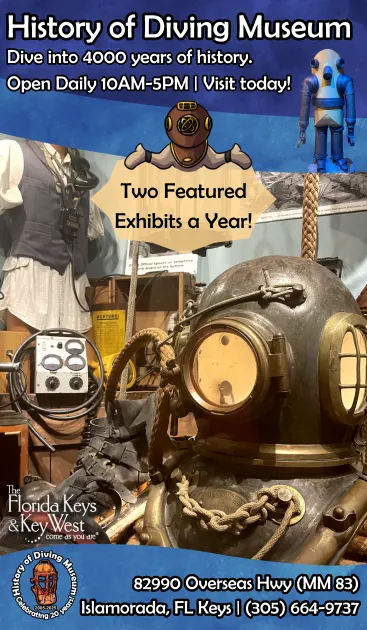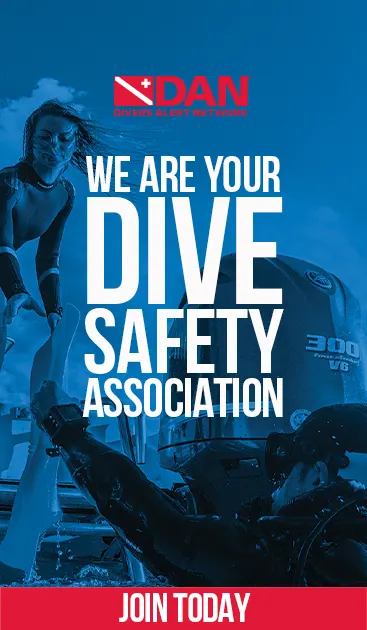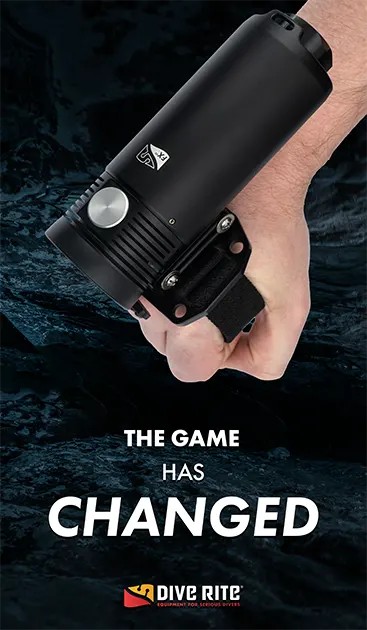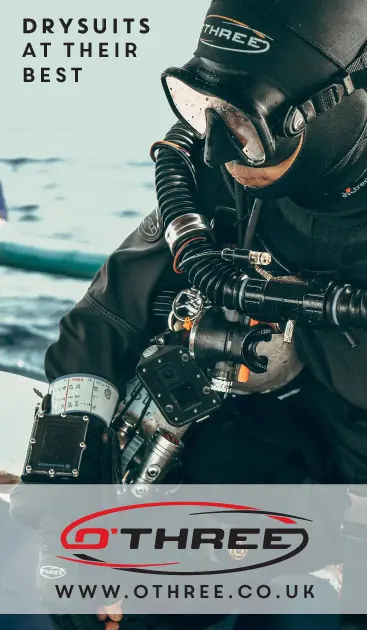Community
Trip Report: The Wreck of the MT Haven
Belgium service member, explorer and tech instructor Kurt Storms reports on a recent trip—his first post-lockdown—to the wreck of the MT Haven, the largest shipwreck in the Mediterranean. The 334 m/1079 ft long crude oil tanker caught fire and exploded while it was unloading its cargo to a floating platform off the coast of Genoa, Italy. The fire was extinguished and the ship towed to within 1.5 km/.9 miles of shore where it sank in April 1991, but not before dumping an estimated 50,000 tons of crude oil, making it the worst oil spill in the Med. The wreck lies between 33-83 m/108-273 f.
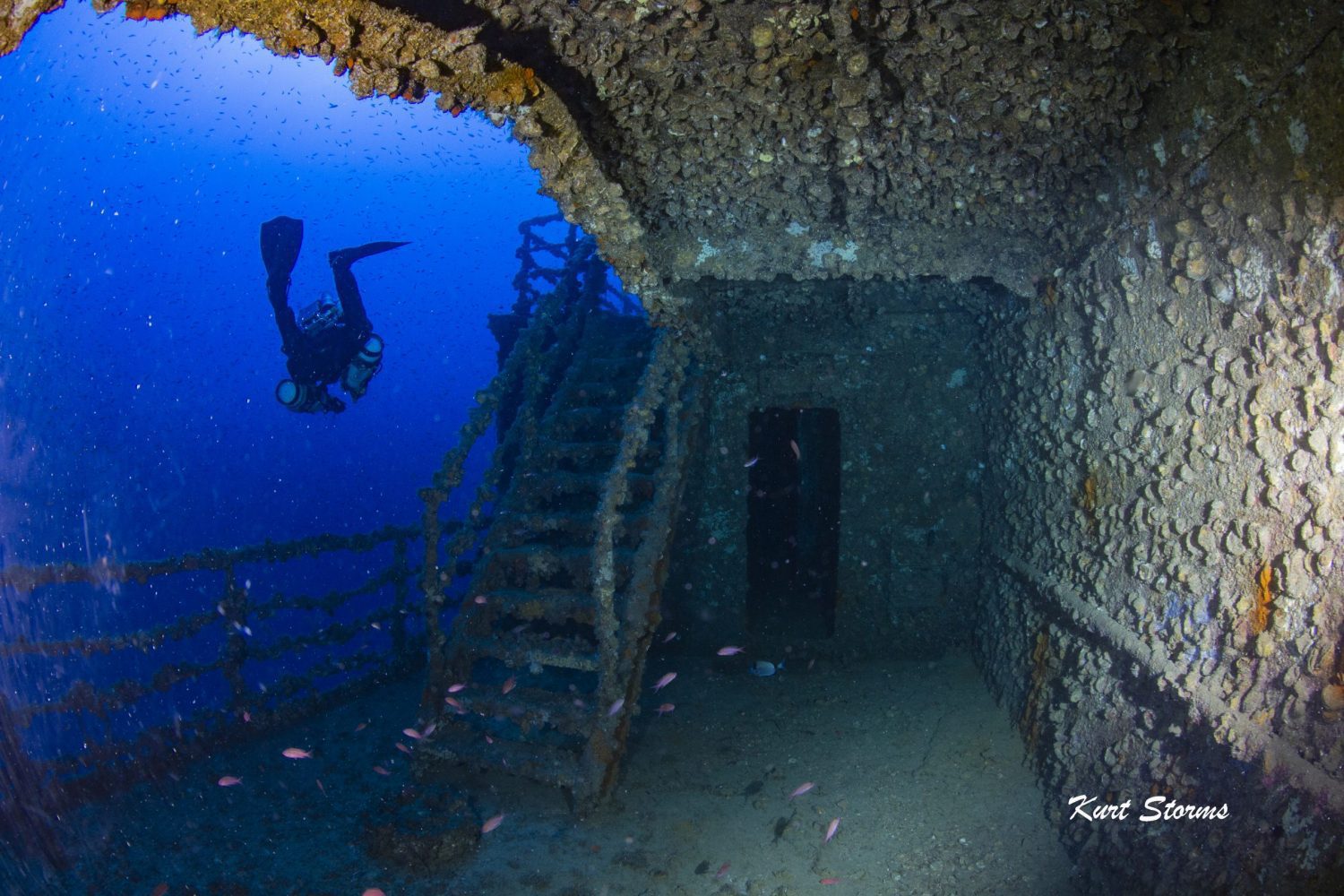
Text and images by Kurt Storms. Header image: The stair to the MT Haven’s upper cabins.
After not being able to travel for an extensive period because of the COVID-19 pandemic, we traveled back to Italy. I completed my instructor course—CCR-OC Trimix Instructor—under the supervision of IANTD ITT Paul Lijnen. After a few exciting and heavy days, I can now proudly call myself a fully-fledged IANTD CCR/OC Trimix Instructor.
I owe this certification to my good students and help and support from the two other instructors who also obtained this rank. The course took place on the most beautiful wreck of the Mediterranean—the MT Haven.
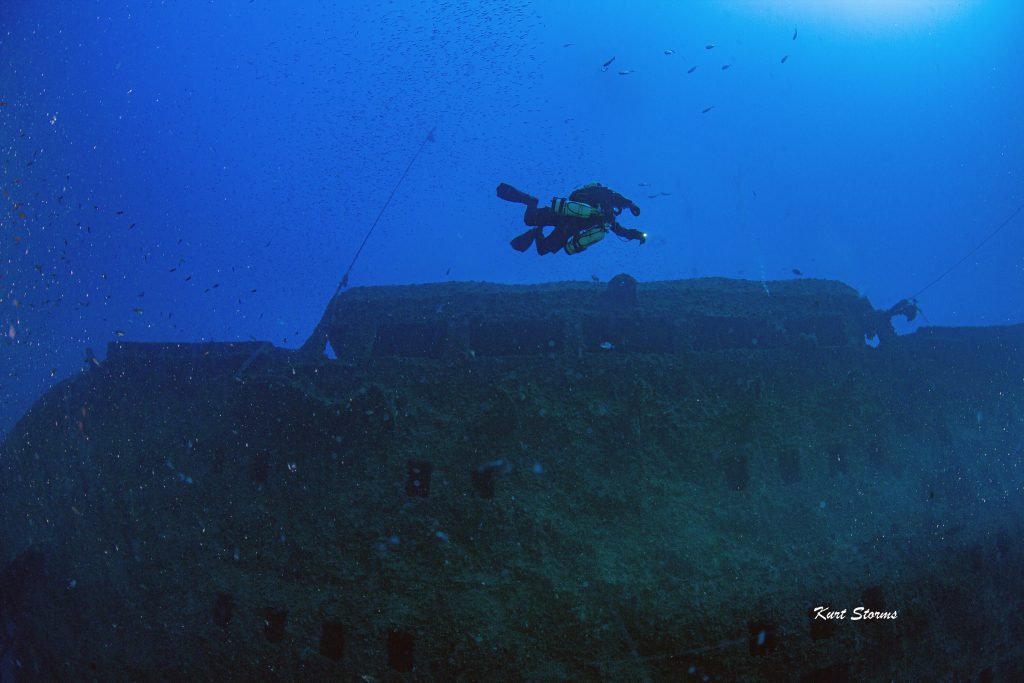
MT Haven was a VLCC (Very Large Crude Carrier)-Class oil-tanker built as Amoco Milford Haven in 1973. The Haven was incredibly large: 334 m/1,069 ft long with a 51 m/167 ft beam and a displacement tonnage of 110,000 tons. In 1987, it was hit by a missile in the Persian Gulf during the Iran-Iraq War. Extensively refitted in Singapore, it was then sold to ship brokers who leased it to Troodos Shipping.
Around 12:30 pm on April 11, 1991, the Haven was unloading a 230,000 ton cargo of crude oil on a floating platform 11 km/7 miles off the coast of Genoa, Italy. Having transferred 80,000 tons, it disconnected from the platform for a routine internal transfer operation to pump oil from two side-holds into a central one. While still loaded with 144,000 tons of crude oil, the ship exploded and caught fire, killing five crew members. As the fire engulfed the ship, flames rose 100 m/328 ft high and, after a series of further explosions, between 30-40,000 tons of oil poured into the sea.
The Italian authorities acted quickly with hundreds of men fighting a fire which was difficult to access and control. They distributed more than 9 km/6 miles of inflatable barriers around the vessel, submerged 1 m/3 ft below the surface, to control the spillage.
On day two, Italian authorities towed the MT Haven closer to the coast in a bid to reduce the coastal area affected and ease intervention efforts. As the bow slipped beneath the surface, the towing crew passed a steel cable around the rudder, and tugs applied towing pressure. On April 14, the 250 m/820 ft main body sank 1.5 km/.9 miles from the coast, between Arenzano and Varazze, flooding the Mediterranean with up to 50,000 tons of crude oil, making it the worse oil spill in the Mediterranean.
The Haven is also the Mediterranean and Europe’s largest shipwreck in the sea and lies at a depth of 33 m/108 ft to 83 m/273 ft off the coast of Arenzano (Genoa).
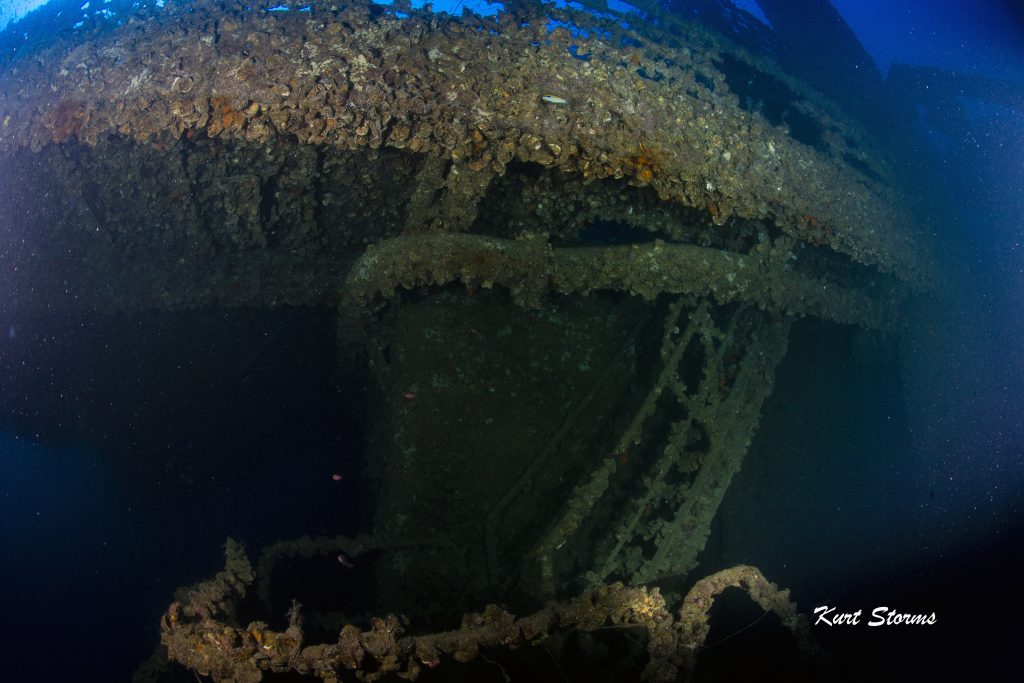
I have been diving on this beautiful and unique wreck for the last three years, and I can truly say that I am in love with this big baby. But I want to warn every reader—she can be a killer and a dangerous monster for untrained or inattentive divers.
Depending on the day, the current can shift from mild to strong, and the visibility can change from a perfect +30 m/+100 ft to a very poor 5 m/16 ft. Inside the wreck is a giant labyrinth where one can get lost, like in any cave system. There are also sharp metal edges and huge amounts of silt that can turn the water milk-like and trap you. The wreck is enormous and deep, and you can lose your orientation as well as your notion of time and your gas consumption. So, plan your dive, and dive your plan.
No heroes allowed here: You must be humble and patient enough to discover the wreck step by step, piece by piece, and according to your own level of training and experience. The 250 m/820 ft long main section of the Haven lies peacefully in an upright position. Part of the superstructure, which originally reached a depth up to 24 m/79 ft is now gone, and the shallowest part of the entire wreck, the smokestack, now stands at 33 m/108 ft deep. [Note, that a piece of the upper deck was found at 94 m/310 fy by Andrea Bada.]
Resting at a depth of 40 m/131 ft, you find the empty wheelhouse, from which Captain Petros Gregorakys from Cypriot, maneuvered the tanker—he later died in the explosion. All the instruments and controls burned away before sinking. Installed on the upper deck, isa memorial plate and statues of the Virgin Maria. You can easily penetrate the steering house by heading down or up the inner stairs. It is also very easy to go up or down the main lift opening that goes through all bridges, or to follow the outside walls. The windows on the side are numerous, but too small for most divers, but every room has a door.
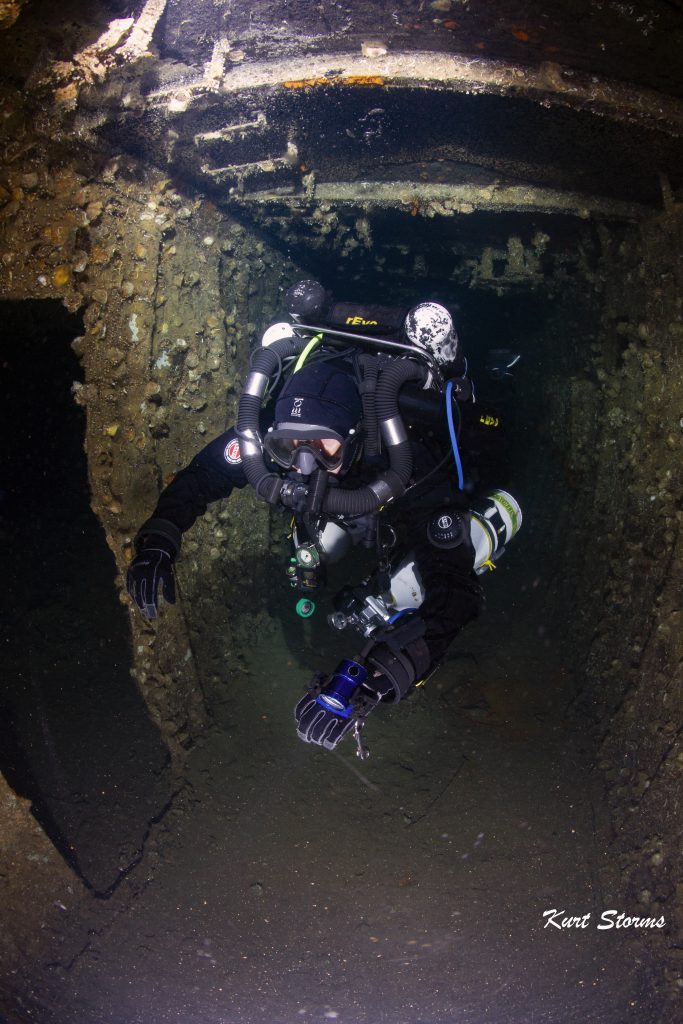
There are six different bridges about 23 m/75 m high with bedrooms, the kitchen, and workrooms. You can penetrate almost everywhere, but it’s a labyrinth— consider it as a cave and use a guideline. From the bridge, technical divers can descend to the deck in the back of the tanker, past the winches, pipes, and valves that are proportional to the size of the ship, and then free fall down to the propeller at 81 m/266 ft. Here, the excessiveness is still striking—the rudder is 20 m/66 ft high and the propeller more than 7 m/23 ft in diameter.
The dark becomes darker as we move under the shadow of the wreck and lose light from the surface. At its maximum depth, the Haven is breathtaking; looking up from this point, she is majestic.
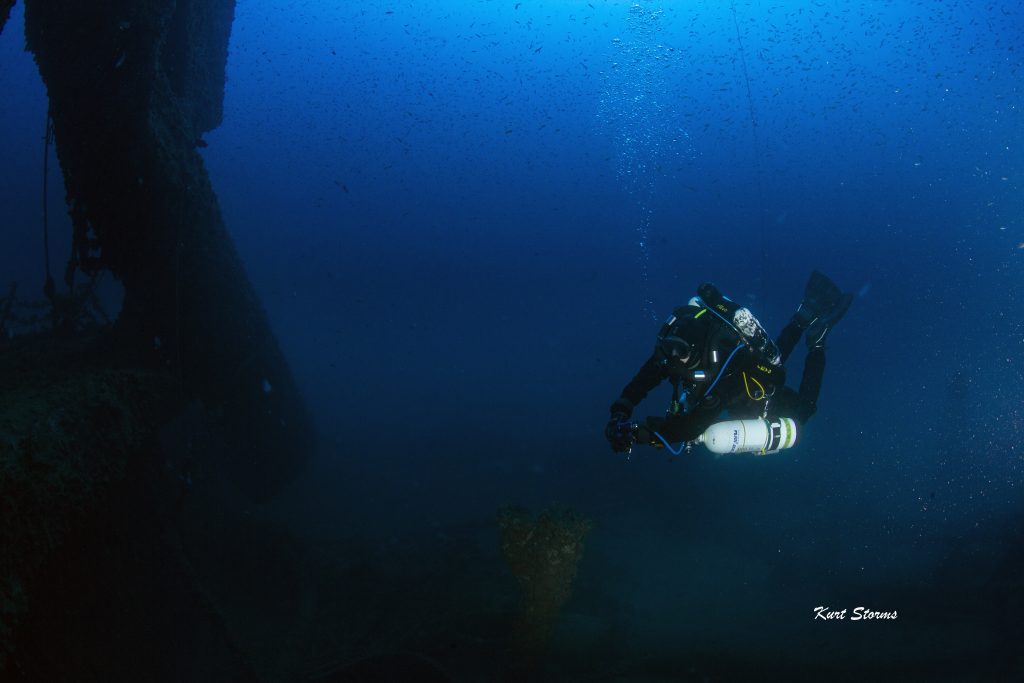
The engine room entrance is just under the chimney below -52 m/171 ft, and from there you can go deep inside the ship. Here, you will find a gigantic 8-cylinder diesel engine. The various steel panels and counters are still in perfect shape and intact. Going up on the port side, there is a huge opening left by one of the two explosions. The gaping hole is so large that it is difficult to comprehend its dimensions, the plates twisted like a broken can.
You need to be a technical diver to dive the MT Haven and complete these dives with hypoxic gasses. As always, don’t do this dive without proper training. There are two dive centers that can provide all of your supplies for diving the Haven. Both are in the Marina of Arenzano. Organization is perfect, and safety non-negotiable.
There is a fixed deco station with decompression bars at 6 m/20 ft and 3 m/10 ft with sufficient spare tanks.The descent lines are fixed and lead you down to the quarterback at -33 m/108 ft.
Enjoy your dive!
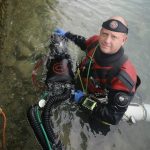
Kurt Storms is a member of the Belgian military, an underwater cave explorer, and an active technical /cave/rebreather diving instructor for IANTD. He started his dive career in Egypt on vacation, and the passion for diving never ended. Kurt is also founder and CEO of Descent Technical Diving. He dives several CCRs such as AP Diving, SF2, and Divesoft Liberty SM. Kurt is also one of the push-divers documenting a new slate mine in Belgium (Laplet). This project was news on Belgium Nationale TV. Most of his dives are mine and cave dives. In his own personal diving, Kurt’s interests are deep extended-range cave dives. His wife (Caroline) is also an enthusiastic cave diver. In his free time, he explores Belgium’s slate mines, and often takes his camera with him to document the dives.

